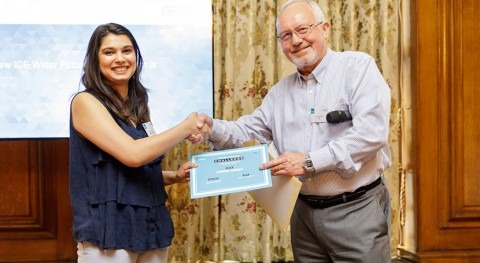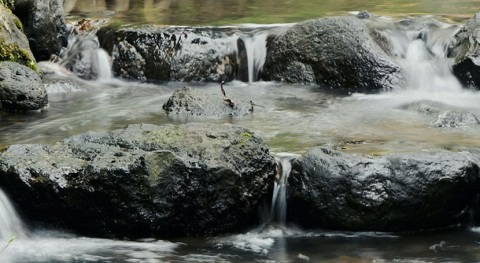This week the IPCC launched the second part of three climate reports that underlines what most of us already know: we cannot keep up with the current pace at which climate change is affecting the world around us. In the first report, we read about rising temperatures with a minimum of 1.5 degrees Celsius and a maximum of 5.7. The second part informs us, amongst other things, about the domino effect of climate change. For example, how heatwaves can cause seemingly opposite extremes such as flooding.
The report also deals with humanity’s adaptive skills when it comes to climate change. These conclusions are highly relevant for urban areas because the effects of climate change are most felt in cities and at the same time cities provide critical opportunities for climate action. The only way to match the impact of climate change is to adapt and by improving our cities we can make a significant and lasting impact.
Here are five major challenges and solutions:
Flooding
The damage caused by river flooding could double when we look at the most realistic scenarios. Damage caused by flooding from the sea can even reach ten times that of other floods. On a large, infrastructural scale, better flood defenses and more space for rivers and lakes are needed. On a smaller scale, smart rainwater collection systems are indispensable as they can predict and collect rainwater, thus helping in preventing flooding.
Drought
Water shortages are increasing. Not only around the equator but also in Europe. Water should be used and reused more efficiently and stored more effectively.
Surface water pollution
Increased flooding in cities puts our water quality at risk. Flooded streets can carry litter, oil, heavy metals, and other pollutants that contaminate groundwater and open water. By collecting the contaminated rainwater with smart gullies and filtering it, clean water can be stored locally before distribution across the city.
Groundwater depletion
Persistent droughts lead to the depletion of our groundwater. In addition to consequences for the availability of drinking water for people and nature, there are all kinds of secondary consequences. Consider, for example, the subsidence of land causing houses and buildings to collapse. By collecting water, locally and with smart infiltration systems, we can keep the groundwater level intact.
Heat stress
According to experts, extreme heat is the deadliest effect of climate change, and in cities heat stress will increase by a factor of two to three. More greenery in cities has been proven effective against our cities warming up.






